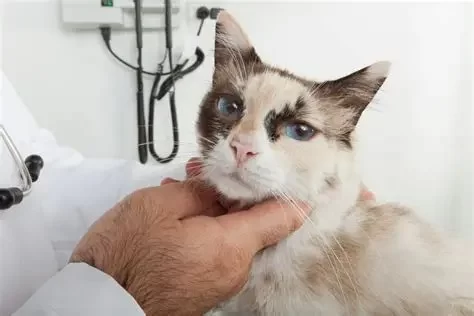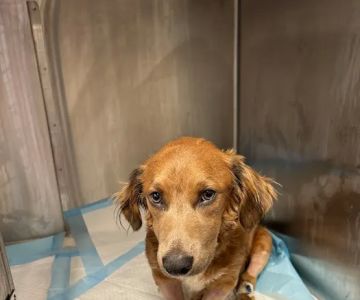How to Recognize and Treat Pet Feline GI Tumors
Gastrointestinal (GI) tumors in cats can often go unnoticed until they reach an advanced stage. As a pet owner, understanding the signs and treatment options is vital for early diagnosis and effective treatment. In this article, we will explore the symptoms, diagnosis, and treatment of GI tumors in felines, helping you to better care for your furry companion.
- Understanding GI Tumors in Cats
- Symptoms of GI Tumors in Cats
- Diagnosing Feline GI Tumors
- Treatment Options for GI Tumors in Cats
- Prevention and Care for Your Cat
1. Understanding GI Tumors in Cats
Gastrointestinal tumors in cats refer to abnormal growths found within the digestive tract. These tumors can be either benign or malignant, but most cases involve malignant growths, which can significantly affect a cat's overall health. GI tumors may develop in any part of the digestive system, including the stomach, small intestine, or colon.
GI tumors in felines can occur for various reasons, including genetic predisposition, environmental factors, or dietary influences. The exact cause of most gastrointestinal tumors in cats remains unclear, but understanding the potential risk factors can help owners be more vigilant when monitoring their pet's health.
2. Symptoms of GI Tumors in Cats
Recognizing the symptoms of GI tumors in cats can be challenging, as they often mimic other digestive issues. However, there are certain signs you should watch for:
- Chronic vomiting
- Loss of appetite
- Weight loss
- Diarrhea or constipation
- Abdominal pain or bloating
- Changes in behavior, such as lethargy or irritability
If you notice any of these symptoms persisting in your cat, it's essential to consult a veterinarian promptly. Early detection and intervention can significantly improve the outcome of treatment.
3. Diagnosing Feline GI Tumors
Diagnosing GI tumors in cats typically requires a combination of physical exams, blood tests, imaging techniques, and possibly biopsies. Here’s how veterinarians diagnose GI tumors:
- Physical Exam: The vet will check for signs of abdominal pain, swelling, or tenderness that could indicate a problem in the gastrointestinal tract.
- Blood Tests: Blood work helps assess overall health and rule out other potential causes of the symptoms.
- Imaging: X-rays or ultrasound are used to visualize the GI tract and detect any abnormal growths.
- Endoscopy: In some cases, an endoscopy may be used to directly visualize the inside of the digestive tract and collect tissue samples for biopsy.
It is important to provide your veterinarian with as much information as possible, including any changes in your cat’s diet or behavior, to help with the diagnostic process.
4. Treatment Options for GI Tumors in Cats
Treatment for GI tumors in cats varies depending on the type, location, and stage of the tumor. The primary treatment options include:
- Surgery: In some cases, the tumor may be surgically removed if it is localized and accessible.
- Chemotherapy: Chemotherapy may be recommended for malignant tumors, especially if they have spread or cannot be surgically removed.
- Radiation Therapy: Radiation may be used to shrink tumors or alleviate symptoms, particularly in cases where surgery is not an option.
- Supportive Care: Nutritional support, pain management, and other supportive treatments can help improve your cat’s quality of life during treatment.
Each treatment plan will depend on the individual case, and your veterinarian will work with you to determine the best course of action for your pet’s specific condition.
5. Prevention and Care for Your Cat
While there is no guaranteed way to prevent gastrointestinal tumors in cats, there are steps you can take to ensure your cat’s overall health:
- Feed a well-balanced, high-quality diet to support digestive health.
- Regular veterinary check-ups for early detection of health issues.
- Keep your cat at a healthy weight to reduce stress on the digestive system.
- Avoid exposing your cat to environmental toxins or unnecessary stress.
At Hidden Brook Veterinary, we offer specialized products and services to support your cat’s health and well-being. Consult with us for more advice on managing your pet’s condition and preventing future health issues.












